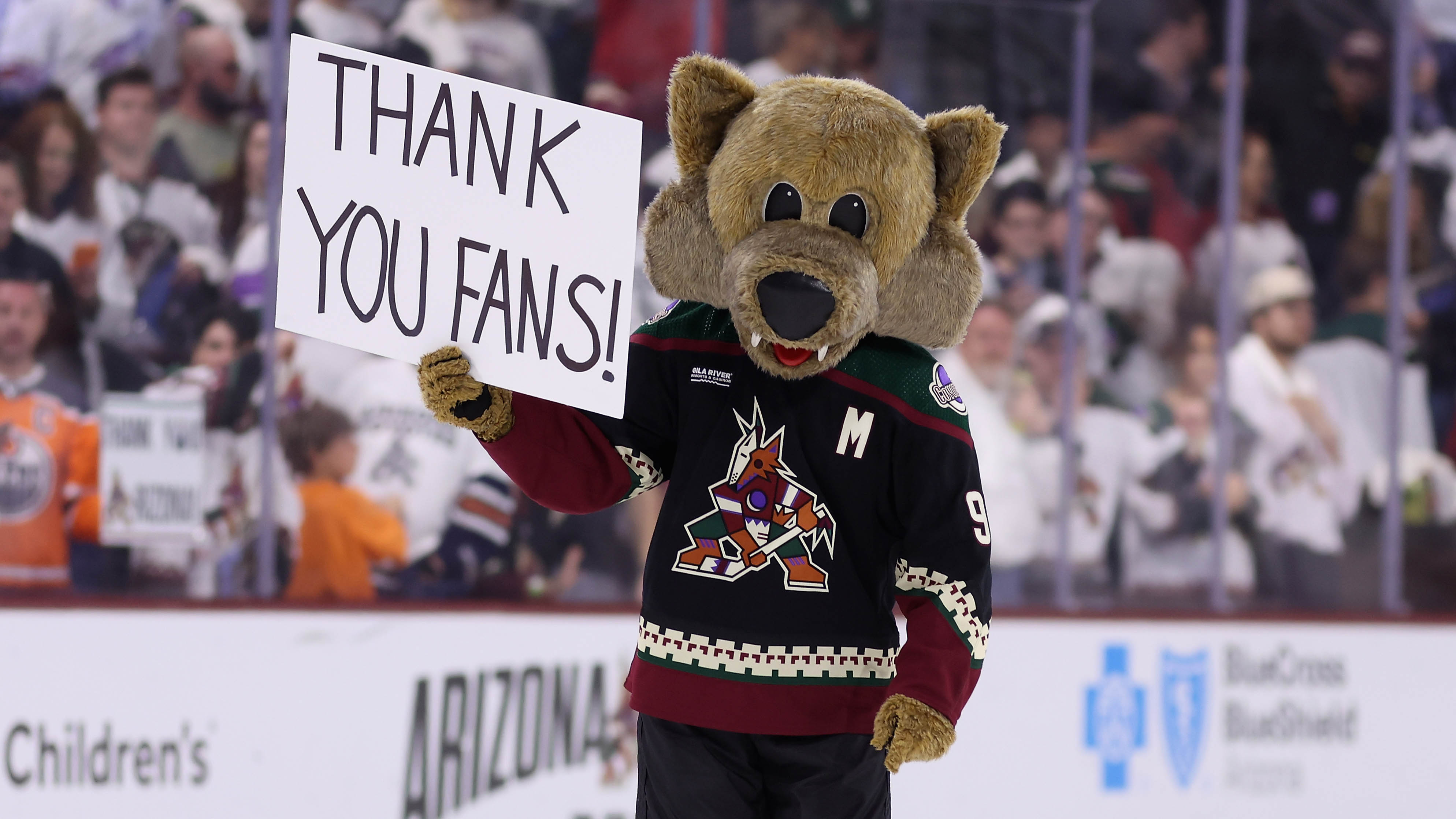While his Eastern Conference rivals got a bit more formidable, Pat Riley made like a man in line for the Taco Bell value menu: hampered by salary cap concerns, low picks, and a weak draft, he ordered as best he could.
After selecting SEC Player of the Year Robert Thornton of LSU at no. 43 with their first of two second round picks, the Heat quickly traded him to New Orleans for 2nd round picks in 2010 and 2012. They then acquired the rights to the 42nd pick, former Arkansas guard Patrick Beverly, from the Lakers for a future 2nd round pick and cash considerations, and topped it off with Memphis power forward Robert Dozier with the last pick of the entire draft, no. 60.
It wasn't flashy, but Riley's only real mission for the evening was not to jeopardize the franchise's flexibility in advance of the fully-stocked free agency period of 2010, when he'll be free to acquire someone with instant impact.
"We were very active [in attempting to trade up or acquire previous picks]," Riley said. "But, really, the price of doing business when you're not in that position, for us, as far as giving up future picks and some of the financial things that were requested, just weren't available."
The two players he did get aren't to be written off altogether. Beverly, who ran into a little academic trouble (some call it "cheating") and was banished from Arkansas to the Ukrainian league after two years, earned freshman of the year honors in the SEC. He's skinny, about 6'1", but has a quick first step and plays well on defense. Well enough? We'll see.
"He's very similar somewhat to Mario [Chalmers]," Riley offered. "This guy's a bulldog that can defend, that can shoot, that can score, that can block shots, that can disrupt."
Robert Dozier is more likely to be sent to Europe, where his salary won't count against the cap and the Heat can see if he develops. Part of the winningest class in NCAA history at Memphis, Dozier was stingy on defense but, as draftexpress.com put it, "not particularly skilled offensively in any facet." He improved greatly in his senior season, but the Heat will want to see him continue to do so and the Heat roster is not where that will happen -- Miami does not intend to carry more than the 13-player minimum into the coming season.
Sports
Riley went in with two late picks, and walked out with two depth players, a bonus future second-round pick, and minumum damage in the salary department. What else could he do?
But what happened around the rest of the East doesn't bode well for the immediate future. Cleveland, the regular season champs last year, handed Shaquille O'Neal to Lebron James. Atlanta acquired Heat-pest Jamal Crawford from Golden State and Washington bulked up with Minnesota's Randy Foye and Mike Miller. Orlando brought home 8-time all-star Vince Carter.
Meanwhile, haunted by previous overspending and disappointing trades, Riley must bank on the development of last year's draftees Michael Beasley and Mario Chalmers to buy the Heat another year until he can make some championship-caliber moves. Beasley, for his part, is well aware -- and unintimidated.
"We've got to worry about the Heat," he said. "We can't really worry what other teams are doing to better themselves right now. We've got to better ourselves."
He's right -- and he's not getting much help from the draft.



